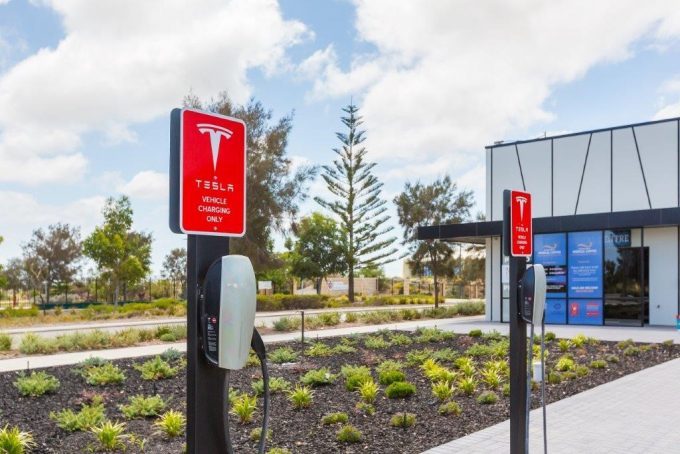
“Legal action” – all those in favour say “why”
I was recently involved in a New South Wales matter where an executive committee had received extensive legal advice from a lawyer regarding the termination of a caretaking agreement for a building with close to 200 lots.
The executive committee then acted upon this advice and sought to terminate the caretaking agreement at a general meeting. At that stage, the executive committee had not sought the approval of the owners at a general meeting to initiate the legal action and it was clear they had already incurred well over $13,000 in legal fees with the lawyer.
In New South Wales, the strata legislation does not permit the executive committee to approve the initiation of legal action if the legal fees for that action will cost more than $12,500 or $1000 per lot (whichever is lesser), without first receiving the approval of the owners corporation at a general meeting. When I advised the executive committee of my concerns that the legal action they had taken was unauthorised, the executive committee and the lawyer argued that a scope for “preliminary work” had been provided and authorised by the executive committee for work that was less than the $12,500 threshold. This appeared to be an interesting interpretation of the facts to say the least.
In this instance the termination of the caretaking agreement subsequently went before a Consumer, Trader & Tenancy Tribunal adjudicator and the issue of the cost of the legal advice was raised. The executive committee were very fortunate that the legal system moves with the spritely grace of a snail as the adjudicator did not end up reviewing the issue before the executive committee had been able to call an extraordinary general meeting and retrospectively approve the taking of legal action above the $12,500 threshold. With the retrospective approval of the owners corporation now recorded, the adjudicator did not feel the need to overturn the owners corporation’s decision and the unauthorised action taken by the executive committee was politely overlooked.
If the owners corporation had not retrospectively approved the costs, it is possible the members of the executive committee could have been personally liable for the unapproved amount.
What should an executive committee do to avoid finding themselves in a situation like this?
An executive committee should only approve the taking of a legal action that is within the legal fee threshold set by section 80D of the Strata Schemes Management Act 1996 and, the corresponding regulations. Many legal matters can go well over the threshold for legal costs and because of this, there must be a practical way for the executive committee to begin legal actions without resorting to calling a general meeting every time.
The solution is to review the legal matter the owners corporation needs assistance with and specifically identify the first legal action the owners corporation needs to take. If the first action is below the legal fee threshold the executive committee will have the authority to begin the legal action without needing to call a general meeting.
In the example above, the executive committee should have initially sought a scope for preliminary advice, which it would have had the authority to authorise, and then sought a scope for further legal actions (such as drafting a breach notice) to be authorised by the owners corporation at a general meeting. This way the executive committee can get initial legal advice before bringing the matter to the entire owners corporation unnecessarily.
This approach was recently supported by the findings of the New South Wales Supreme Court in the case of Madden v The Owners – Strata Plan No. 64970. In the Madden case, the owners corporation lawyer provided an initial costs estimate to the executive committee of $400-$1000 for legal services to obtain a default judgment in the owners corporation’s matter. The matter eventually led to approximately $35,000 in legal fees. It was argued in the case that the executive committee never had the authority to initiate the legal matter as the eventual costs were well above the threshold.
The court held that the threshold only applied to the first legal action the owners corporation were seeking, which was in this case the seeking of a default judgement. This meant that as long as any subsequent legal actions taken by the owners corporation on the same matter that would take the costs above the threshold were approved at a general meeting they would be appropriately authorised.
This Supreme Court judgement makes it clear that the executive committee or strata manager of a building has the ability to initiate urgent legal action when the cost of that action is below the threshold without waiting for the approval of the owners corporation at a general meeting.

AccomNews is not affiliated with any government agency, body or political party. We are an independently owned, family-operated magazine.






